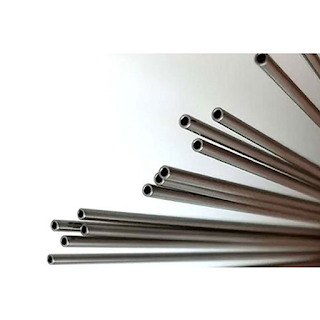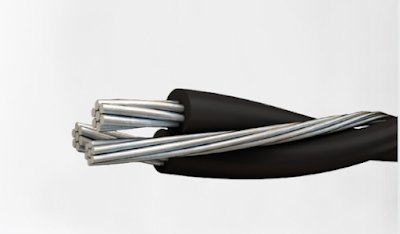 |
| Stainless Steel Capillary Tube |
Stainless steel
capillary tube are versatile components used in various industries for their unique properties and applications. From medical instruments to precision engineering, these slender tubes play a crucial role in delivering liquids and gases with precision. In this comprehensive guide, we'll delve into the intricacies of stainless steel
capillary tube, exploring their composition, manufacturing process, applications, advantages, and considerations for selecting the right tube for your needs.
Composition and Manufacturing Process
Stainless steel
capillary tubes are typically made from corrosion-resistant alloys containing chromium, nickel, and other elements to enhance their durability and resistance to oxidation and corrosion. The manufacturing process involves drawing stainless steel strips or rods through a series of dies to achieve the desired diameter and thickness. This process, known as cold drawing, ensures uniformity in dimensions and surface finish while maintaining the mechanical properties of the material.
Applications of Stainless Steel Capillary Tubes
Stainless steel
capillary tube find applications across various industries due to their unique properties and versatility. In the medical field, these tubes are used in catheters, needles, and surgical instruments for delivering medications, fluids, and gases with precision. In the automotive industry, they are employed in fuel injection systems and hydraulic lines for their corrosion resistance and high strength-to-weight ratio. Other common applications include chromatography, instrumentation, aerospace, and semiconductor manufacturing.
Advantages of Stainless Steel Capillary Tubes
One of the primary advantages of stainless steel
capillary tubes is their exceptional corrosion resistance, making them ideal for use in harsh environments and corrosive fluids. Their small diameter and thin walls enable precise control over fluid flow rates, making them suitable for applications requiring high accuracy and repeatability. Additionally, stainless steel offers excellent mechanical properties, including high strength, toughness, and ductility, ensuring reliable performance under extreme conditions. Furthermore, stainless steel
capillary tubes can withstand high temperatures and pressures, making them suitable for demanding industrial applications.
Considerations for Selecting Stainless Steel Capillary Tubes
When selecting stainless steel
capillary tubes for a specific application, several factors must be considered to ensure optimal performance and longevity. These factors include the required diameter, wall thickness, length, and material grade, which depend on the application's fluid compatibility, pressure, temperature, and environmental conditions. It's essential to choose a tube with the appropriate surface finish and tolerance levels to meet the specific requirements of the application. Additionally, considering factors such as cost, availability, and lead times can help in selecting the most suitable stainless steel
capillary tube for your needs.
Conclusion
Stainless steel
capillary tubes are indispensable components used in a wide range of industries for their exceptional properties and versatility. Understanding the composition, manufacturing process, applications, advantages, and considerations for selecting these tubes is crucial for ensuring optimal performance and reliability in various applications. Whether it's delivering precise fluid control in medical devices or withstanding harsh conditions in industrial settings, stainless steel
capillary tubes continue to play a vital role in advancing technology and innovation across diverse sectors.
Visit also:




Comments
Post a Comment